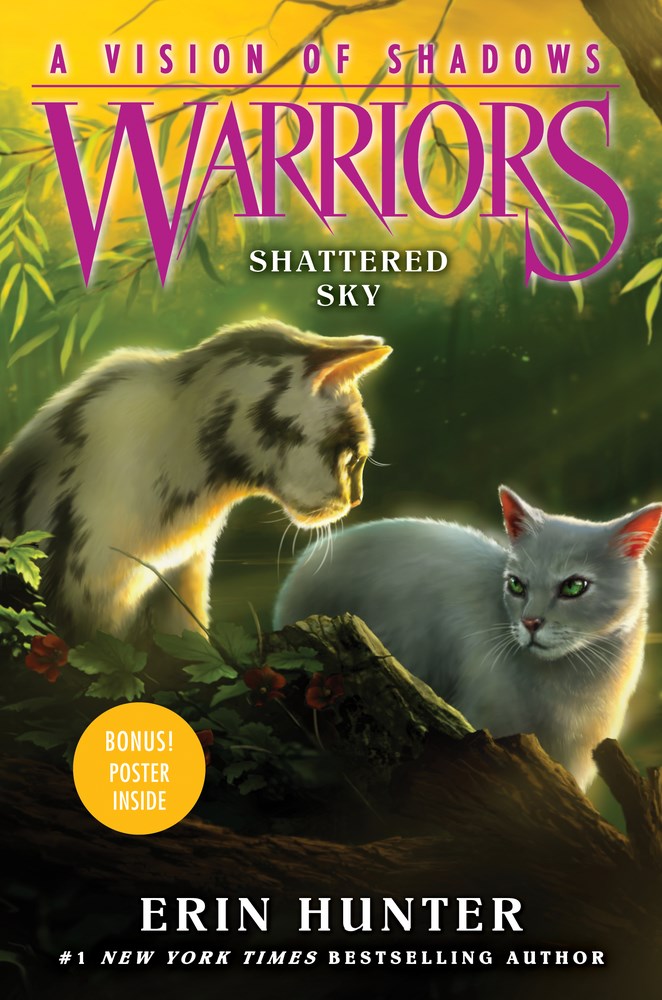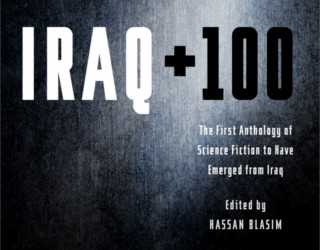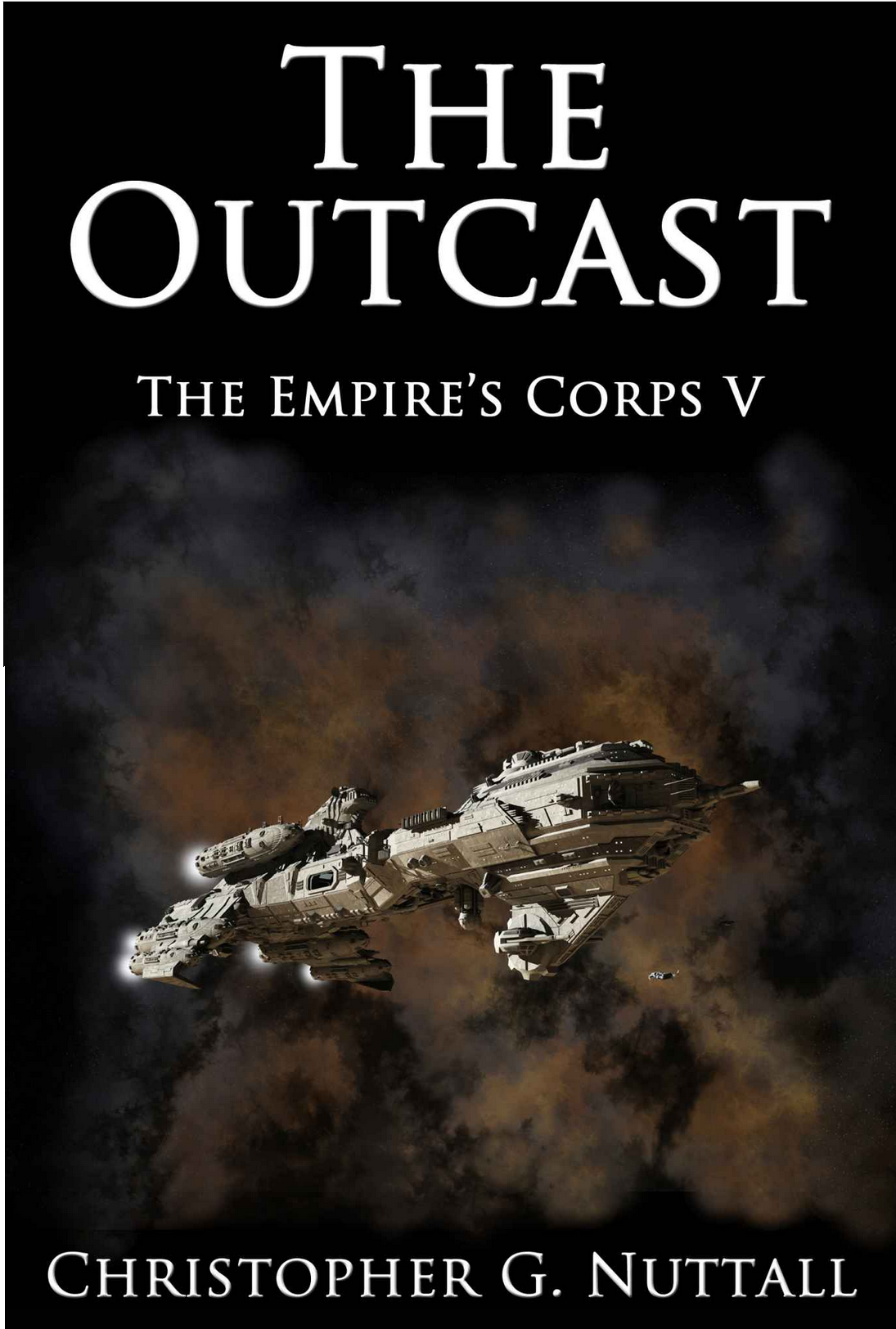 I have recently edited a new anthology of science fiction and fantasy stories about fantastical flora. The book, Improbable Botany, features authors who between them have won the Arthur C Clarke, British Science Fiction Association, John W. Campbell Memorial, Philip K. Dick, Nebula and Prometheus Awards, and been nominated for many more. The writers are: Cherith Baldry (co-author of the New York Times best-selling Warrior Cats series), Eric Brown (The Kings of Eternity, the Langham and Dupré crime novels, the most recent of which is Murder Take Three), James Kennedy (The Order of Odd-Fish), Ken MacLeod (Intrusion, The Corporation Wars), Simon Morden (the Metrozone series, Down Station / The White City), James Kennedy (The Order of Odd-Fish), Stephen Palmer (The Factory Girl Trilogy, Memory Seed, Beautiful Intelligence), Adam Roberts (The Real-Town Murders, The Thing Itself), Justina Robson (The Quantum Gravity series, Natural History, Switch), Tricia Sullivan (Occupy Me, Dreaming in Smoke, Maul), and Lisa Tuttle (The Curious Affair of the Somnambulist and the Psychic Thief, The Mysteries, Windhaven (with George RR Martin)).
I have recently edited a new anthology of science fiction and fantasy stories about fantastical flora. The book, Improbable Botany, features authors who between them have won the Arthur C Clarke, British Science Fiction Association, John W. Campbell Memorial, Philip K. Dick, Nebula and Prometheus Awards, and been nominated for many more. The writers are: Cherith Baldry (co-author of the New York Times best-selling Warrior Cats series), Eric Brown (The Kings of Eternity, the Langham and Dupré crime novels, the most recent of which is Murder Take Three), James Kennedy (The Order of Odd-Fish), Ken MacLeod (Intrusion, The Corporation Wars), Simon Morden (the Metrozone series, Down Station / The White City), James Kennedy (The Order of Odd-Fish), Stephen Palmer (The Factory Girl Trilogy, Memory Seed, Beautiful Intelligence), Adam Roberts (The Real-Town Murders, The Thing Itself), Justina Robson (The Quantum Gravity series, Natural History, Switch), Tricia Sullivan (Occupy Me, Dreaming in Smoke, Maul), and Lisa Tuttle (The Curious Affair of the Somnambulist and the Psychic Thief, The Mysteries, Windhaven (with George RR Martin)).
As part of the project I have interviewed all of the contributing authors, not just about Improbable Botany but about their writing in general and much more besides. Below is my interview with Cherith Baldry.
Improbable Botany is being released by Wayward, a London-based landscape, art and architecture publisher, and funded via Kickstarter. The book is illustrated by Jonathan Burton (The Folio Society, Penguin Books, Random House). One of the Kickstarter bonuses is a free e-book which will include all the interviews, though they will also be published individually in various places. The only time they will ever appear all together is in the Kickstarter e-book. The Kickstarter also offers the opportunity to acquire A2-sized art prints of all six of Jonathan Burton’s interior illustrations, as well as his breathtaking cover art. Click here to see Amazing Stories‘ exclusive preview.
Cherith Baldry was a teacher, including for a period in Sierra Leone, before becoming a full-time writer with the Saga of the Six Worlds series (1989-94). Her three fantasy novels for adults are Exiled from Camelot (2000), The Reliquary Ring (2002) and The Roses of Roazon (2004). Books for children include Drew’s Talents (1997), Mutiny in Space (1997), the Eaglesmount Trilogy (The Silver Horn, The Emerald Throne, The Lake of Darkness (2001-04)) and Abbey Mysteries (2004-06). Baldry is currently part of the team writing the Warriors and Seekers novel series under the name of Erin Hunter. Her Warriors novel Midnight (2005) won the Golden Muse Award, while her most recent entry in the series is Shattered Sky (2017).
*
Gary Dalkin for Amazing Stories: The anthology Improbable Botany contains a wide variety of stories from hard science fiction to fantasy, but I must admit I was particularly surprised when I received your story. What inspired you to choose to write about Sherlock Holmes? Had you always wanted to write about the great detective?
Cherith Baldry: I’ve loved the Sherlock Holmes stories since I was at school, and for a long time I’ve wanted to write one. Something about the idea that the Improbable Botany story should preferably be linked to a city suggested the London background of Sherlock Holmes, so I developed the story from there.
The seed of this story was sown a few years ago when I saw a cactus in the Canary Islands which comes into flower a set number of days before the rains start. I wondered, How does it know? And might a plant be able to prophesy something else? The combination of a weird plant and an urban setting seemed to cry out for Sherlock Holmes to investigate it, and so the two parts of the story came together.

GD: Given that Holmes and Watson are as popular and famous now as ever – with the BBC TV series, the American TV show Elementary, and two blockbuster feature films in the last few years – what do you think is the enduring appeal of the characters?
CB: I think the reason the characters have endured so well and appeared in new guises is that we engage with them as real people, and for this I think that Watson is key. He’s not an idiot; he’s very subtly written, and he mediates between Holmes and the reader, and brings us into Holmes’s world. The interplay between the two is also very important, the way they strike sparks off each other, and the way they need each other.
GD: That interplay is something you captured well in your story, ‘The Adventure of the Apocalypse Vine’. You haven’t had a new novel for adults out under your own name since 2005, when The Roses of Roazon was published. Yet you are a prolific New York Times bestselling author, though in a way which, although the books you write are very much fantasy, might not have been noticed by readers of Amazing Stories. For those who aren’t aware of them, or perhaps are aware of the books, but not of your role in them, could you introduce the Warriors? The basic concept behind the series, how you came to be involved, and something of how the process of writing collaboratively on a long-running series of children’s books works?

CB: I’ve been writing Warriors now since 2003, so it’s a big part of my life. I work for Working Partners, who are a book packager; they come up with an idea for a series of children’s books, sell the idea to a publisher, and then employ the writers and artists to make it happen. I was delighted to be asked to work on Warriors, because it is about cats, and I am very much a crazy cat lady! The basic concept is that four Clans of feral cats live in a forest; they have rivalries, politics, go on quests, endure doomed romances, and pretty much share the joys and sorrows that people do.
Two writers and an editor work together; the other writer and I don’t collaborate, but we each work on our own individual books from a storyline supplied by the editor. We have input, so that it’s not just a mechanical exercise, but there’s scope for creativity also. It’s been an enormous success, and I’ve lost count of the number of books! One of the main problems now is that we risk forgetting some of the details and back story.
GD: It sounds like you really need a database, or an archivist, or both. I’m only a little surprised that you’ve lost count of the number of books, as I did some research into Warriors and came away somewhat overwhelmed by the number of different series, from the original Warriors to Dawn of the Clans, The New Prophecy and Power of Three, to say nothing of stand alone ‘Super Editions’, Mangas and original ebooks. And that’s not everything that comes under the Warriors brand.
It’s interesting that you’ve now spent over a decade immersed in writing about this particular fictional world, as I know you have been greatly inspired by the equally expansive Arthurian legends, which came into being over centuries, as well as the works of Ursula Le Guin, C.S. Lewis, J.R.R. Tolkien. What is it that attracted you to these works and these authors, and how have their influences shaped your writing?

CB: I’ve always been attracted by myth and legend, maybe initially due to a teacher I had when I was very young, who told or read these stories to her class. This was where I first discovered Arthurian legend, and, as you say, this has been a major influence on me. Tolkien, Lewis and Le Guin all come across to me as powerful myth-makers in their own particular areas.
I like the sweep of the kind of plot where individuals are caught up in the fate of worlds, and I like to think there’s some of this flavour in Warriors, even though the individuals here have fur, four paws and a tail. I also like the moral aspects of these writers: not the kind of prescriptive “moralising”, but the sense that moral choices matter and characters are placed in the position where they have to make these choices. And I feel that Le Guin and Tolkien – not so much Lewis, perhaps – are just breathtakingly good writers.
GD: I’m wondering if you find fantasy as a genre more amenable to stories in which moral choices do matter than other genres? And, given it’s over a decade since you’ve written a book under your own name which isn’t part of a shared franchise, do you think you will ever go back to writing Cherith Baldry novels? Do you feel any need to do so, and indeed, would you ever have the time? Or are you able to express everything you want to as a fiction writer within the Warriors universe?
CB: I don’t think that fantasy has a monopoly of situations where characters must make moral choices, but I certainly find it easier to create such situations in a fantasy setting. And it’s important to me that my fiction should have a moral element and that the choices characters make matter in their lives and their relationships.
I’d like to publish more novels under my own name, though the difficulty can be to get a publisher to agree! I have been writing short fiction which has appeared in various anthologies, so I’ve been able to keep my individual writing going. I also have a new project with an editor at the moment – something very different from what I have published before – but I’m keeping very quiet about that, as it all may come to nothing.
GD: I know that you are quite low key about this, in that you are a practicing, believing Christian, but that you don’t normally talk about your faith in conjunction with your work. Would it be fair to say you are a Christian whose vocation is being a writer, rather than a ‘Christian writer’, and that the work should stand for itself? And to extend the thought of the importance of moral choices in your work, how important to you is the spiritual aspect of your faith in terms of your work, and do you believe that something of your essential values necessarily becomes implicit in your writing?
CB: Yes, my Christian faith is important to me, and I began as a professional writer with four children’s SF novels, published by Kingsway, which were specifically Christian. But I find that I’m more comfortable writing for the secular market with a Christian ethos. So you’re right in saying that I see myself as a Christian who is a writer rather than a Christian writer, and I believe that if the work can’t stand on its own then it shouldn’t stand at all. The spiritual aspect is important to me, and I hope that my writing conveys my values without hitting the readers over the head with a message.
At the same time I reject the fundamentalist mindset that burns Harry Potter in the marketplace and condemns The Lion, the Witch and the Wardrobe on the grounds that there’s a witch in it. The creative imagination is a gift from God, and we should celebrate writers who have this gift.
…is a freelance editor, writing consultant and story structure expert. To find out more, including hiring me to work on your writing project, read my profile or visit my website, To The Last Word.










